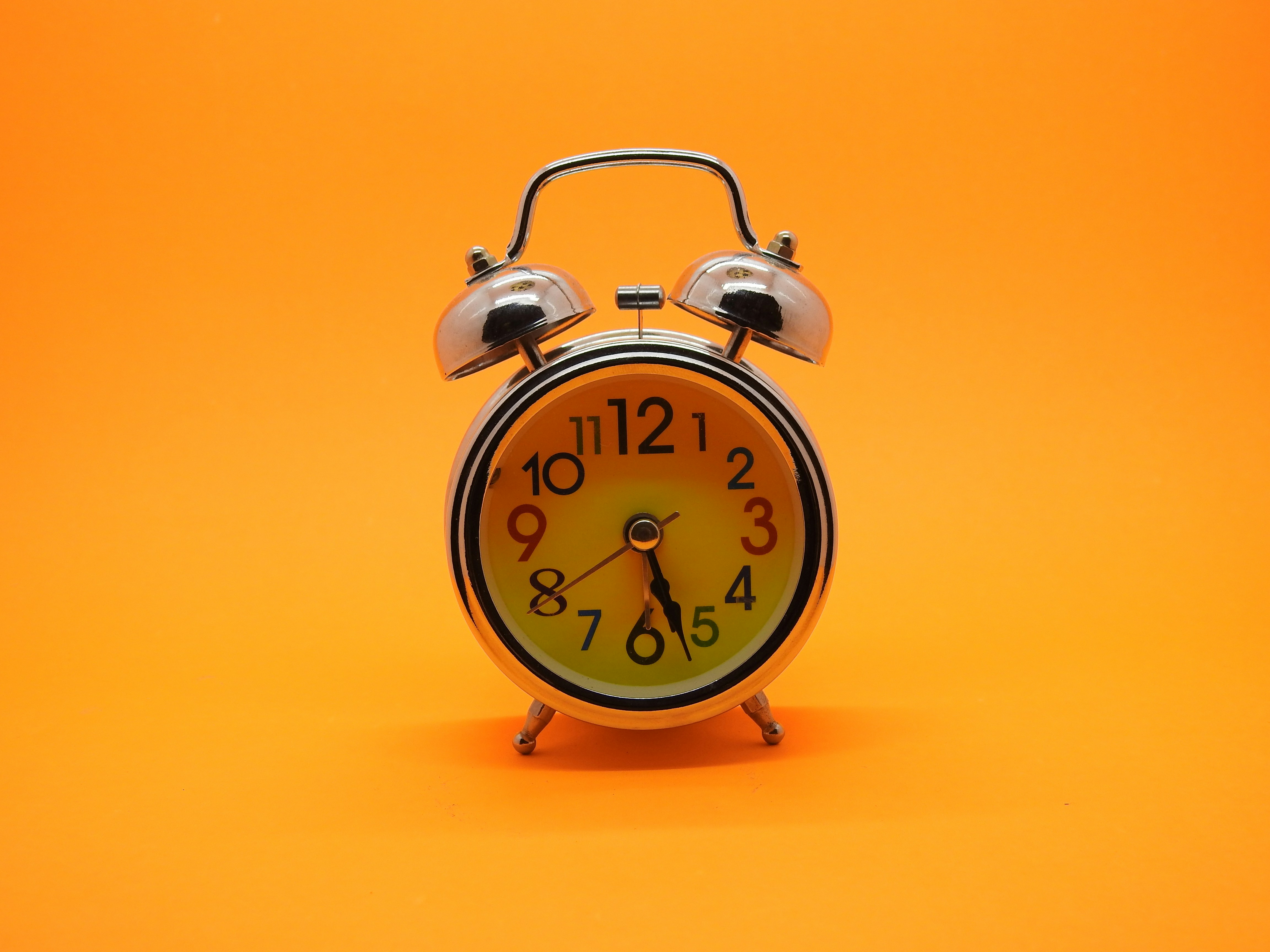Write down what you need to do, wake up early, and do it
Minimalist advice that gets to the core of what it takes to get things done.

Veteran Navy SEAL Jocko Willink shared a remarkably straightforward productivity framework on the Lex Fridman podcast:
Write down what you’re supposed to do, wake up early, and start doing it.
Simple to explain, hard to implement. Let’s unpack why that’s the case and why the advice is so powerful.
Step 1. Write down what you’re supposed to do
Writing things down is a crucial productivity technique. It’s at the core of David Allen’s classic Getting Things Done and of the plethora of productivity apps on the market today.
Our brains are best used for thinking, not keeping track of an ever-increasing list of commitments. Moreover, unfinished tasks tend to remain in our mental foreground, the so-called Zeigarnik effect, stealing precious mental bandwidth.
The medium where you write things down is irrelevant. What’s key is the commitment to tracking items there and periodically reviewing them. Only by developing and sticking with this practice will your brain learn to trust your system and free up mental space.
Writing things down is easy enough, but more is needed. For the practice to deliver results, you must organize and prioritize projects and items. This is more challenging. It requires knowing your values, developing good judgment, and long-term thinking.
Organizing the tasks and reviewing the projects in your system will help you discover the vital few among the trivial many. Weave your plans through your daily and weekly schedules, and you’ll go from getting things done to getting the right things done efficiently.
Step 2. Wake up early
Starting the day by getting a few wins under your belt will give you a decisive psychological advantage. Whether you begin by training your body, working on your side project, or getting ahead with chores, no matter how the rest of the day unfolds, you’ll have the satisfaction of what you already achieved to help you carry on.
Besides, from a purely logistical perspective, the sooner you address something you care about, the better.
Waking up early delivers benefits beyond the practical advantage of quiet time for getting things done. To wake up early, you’ll need to go to bed early and practice good sleep hygiene. These changes will have positive downstream effects on your health.
If you struggle with revenge bedtime procrastination, try waking up early. The need for sleep and the positive boost of getting stuff done before the rest of the household wakes up will make turning the TV off effortless.
Admittedly, some people simply can’t get started early in the morning. As a matter of fact, research suggests genetics plays a partial role in the time of the day when each of us performs at their best. If the idea of waking up early is not for you, you’ll need to create that additional time by removing something from your day.
Step 3. And start doing it
Knowing what to work on and setting aside the time for it is only half the battle. Actually doing the work takes as much effort — oftentimes more.
Our brains and bodies want to save energy and will always attempt to take the path of least resistance. But valuable results only come from doing hard things.
To muster the energy to get started, to break the inertia of the comfortable state of doing nothing, you need to think long-term. Appreciate that the effort you put in today will pay off in the future, even though that future might be further away than you’d like.
Even after you start, your brain will keep trying to derail you. You might have designed your environment to be conducive to focus, and if you got up early, you should be free from other people interrupting you, but your brain will come up with all sorts of intrusive thoughts to stir you away. Resisting them takes additional energy and discipline.
Still, it’s only by showing up and doing the work, day in and day out, that you’ll achieve the results you seek.
In a world of marketing gimmicks and AI-assisted everything, Jocko’s advice stands out for its minimalism. It gets to the core of what it takes to get the important stuff done: Strategy, discipline, and perseverance.
Strategic thinking to translate a list of tasks into actionable plans. Discipline to make time for working on them by waking up early or whichever schedule better fits your physiology. Perseverance to continue doing the work, day after day.
That’s it. Simple to understand, hard to execute, worthy to pursue.



Completely agree with the proposed techniques in order to get things done.
Additionally I would propose to also focus on what you can do in the evening before in order to perform better in the next morning. The more you set up your environment for success the easier you can execute these 3 steps.
For example can you always check in the evening your calendar and block for the first hour a very important task you need to get done with.